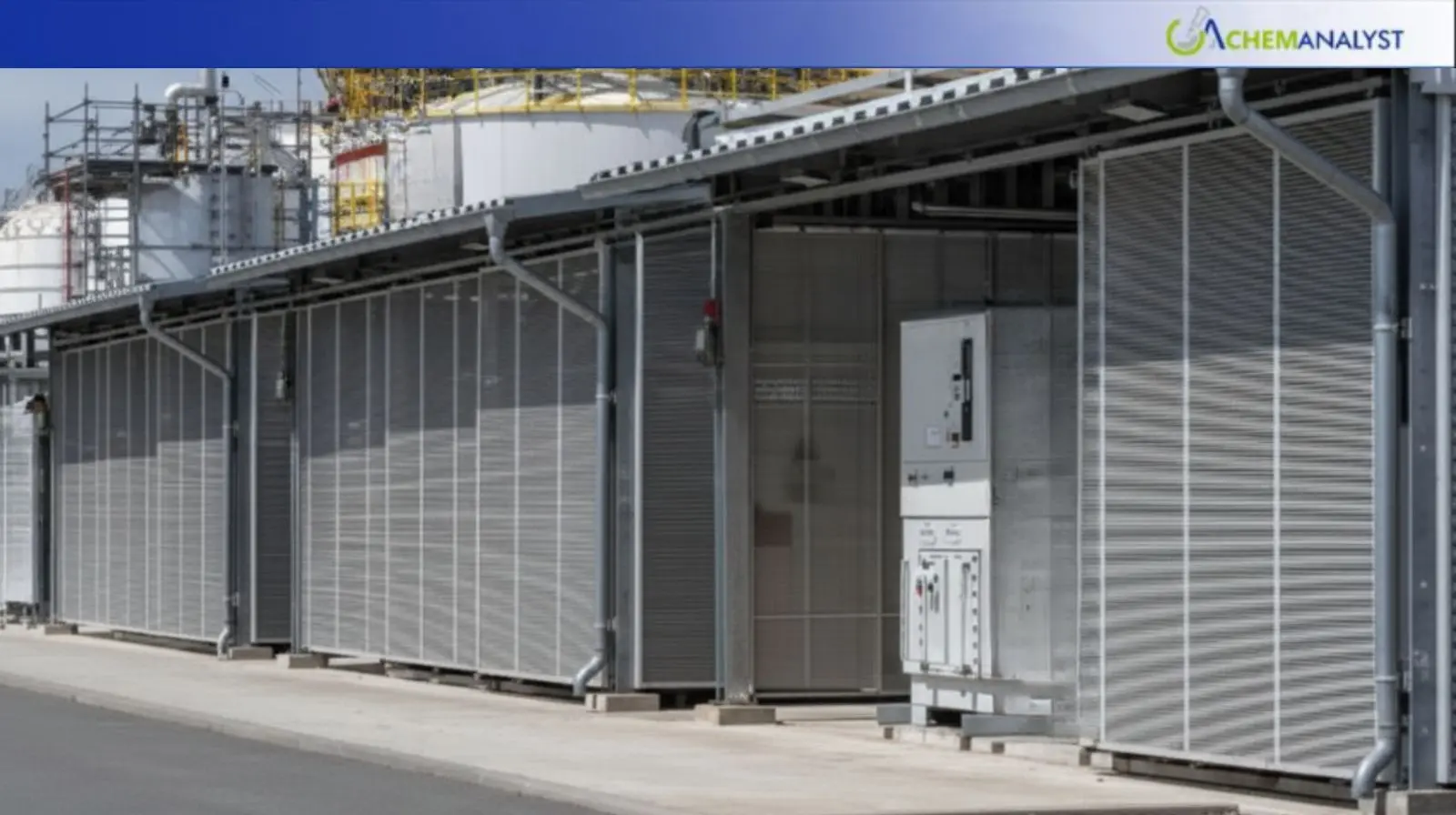Welcome To ChemAnalyst

The pioneering MultiPLHY project has successfully started up the world's largest multi-megawatt high temperature electrolyzer (HTE) at Neste’s refinery in Rotterdam, marking a significant step toward decarbonizing the refining industry.
The push to replace fossil-based hydrogen with its renewable counterpart in the industrial sector achieved a major breakthrough this month. Neste Corporation, a leader in renewable products, announced on October 6, 2025, the successful start-up of a pioneering high-temperature electrolyzer at its Rotterdam renewable products refinery in the Netherlands. This installation is a central component of the MultiPLHY project and represents the world's largest multi-megawatt high-temperature electrolyzer operating in an industrial environment.
The MultiPLHY consortium, which includes Neste, German electrolyzer manufacturer Sunfire, French research organization CEA, and energy group ENGIE, aims to demonstrate that renewable hydrogen can significantly reduce greenhouse gas emissions in the refining process. Replacing hydrogen currently produced from fossil raw materials is considered a critical pathway for the industry to achieve its climate targets.
The technological heart of the project is the 2.6 MW Solid Oxide Electrolysis Cell (SOEC) system provided by Sunfire. Operating at a high temperature of 850 degrees Celsius, the system, which consists of twelve electrolysis modules, can produce over 60 kg of renewable hydrogen per hour.
What sets this technology apart is its ability to utilize available waste heat from the refinery process. This utilization dramatically increases the overall energy efficiency, as noted by Nils Aldag, CEO of Sunfire. “Thanks to their unrivaled efficiency, our high-temperature SOEC electrolyzers will be the preferred solution in many applications where waste heat is available," Aldag said, expressing pride in the scale and integration of the project.
The efficient use of heat means the high-temperature electrolyzer requires significantly less electricity compared to competing electrolysis solutions on the market to produce the same amount of hydrogen. This makes the renewable hydrogen potentially more cost-competitive, a crucial factor for broad industrial adoption.
Jukka Kanerva, Senior Vice President of Renewable Refining at Neste, highlighted the strategic importance of the pilot. "The MultiPLHY project has given Neste valuable insights and experience in integrating industrial-scale renewable hydrogen production into our refinery," he stated. "We remain committed to exploring different pathways to replace fossil-based hydrogen in our refining processes to reduce greenhouse gas emissions in our own operations."
The successful integration into Neste’s active refinery demonstrates that innovative hydrogen production technologies are ready for large-scale industrial deployment, setting a precedent for other heavy industries looking to decarbonize their operations across Europe and the globe. This demonstration project underscores the power of cross-value chain collaboration in advancing key energy transition technologies.
We use cookies to deliver the best possible experience on our website. To learn more, visit our Privacy Policy. By continuing to use this site or by closing this box, you consent to our use of cookies. More info.
